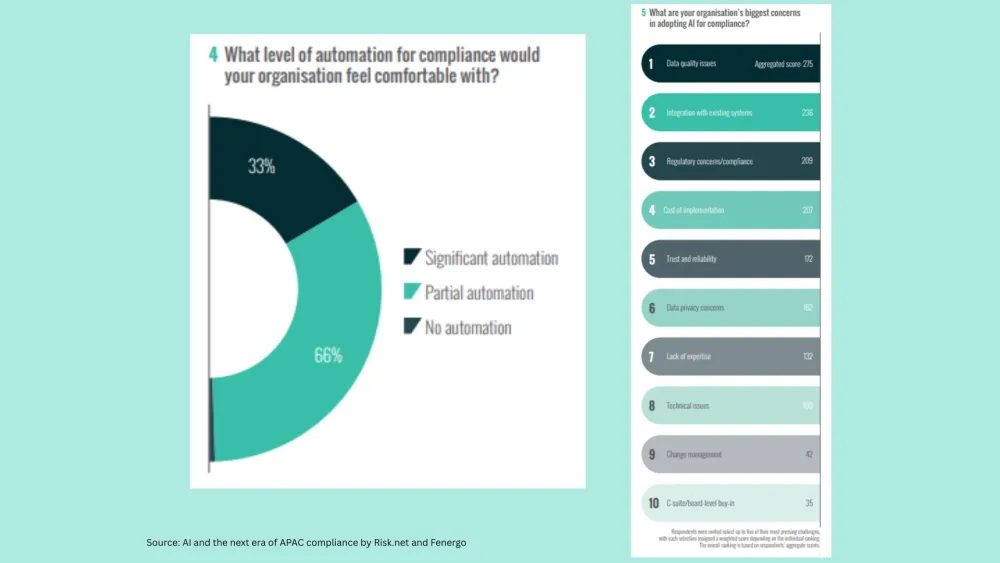
Tokenisation of financial assets growing, but still in early stages
It enables a more transparent and standardised lending life cycle, says analysts.
Expect to see growing adoption of tokenization for lending, especially with warehouse lending and securitizing on-chain loans.
Lenders are expected to increasingly see the benefits of blockchain- enabled lending, as it offers the potential to foster more transparency and standardisation through the lending life cycle, according to analysts from McKinsey & Co.
Notably, blockchain-enabled lending offers live, on-chain data held in a unified master ledger that will serve as a single source of truth, as stated in the management consulting firm’s report “From ripples to waves: The transformational power of tokenizing assets.”
“Smart-contract-enabled calculations of payouts and streamlined reporting reduce required cost and labor. Shortened settlement cycles and access to a broader capital pool enable faster transaction flow and potentially lower the cost of capital for borrowers,” wrote McKinsey partners Anutosh Banerjee, Julian Sevillano, Matt Higginson; associate partners Garry Spanz; and consultant Donat Rigo.
In the future, tokenizing a borrower’s financial metadata or monitoring their on-chain cash flows could enable fully automated, fairer, and accurate underwriting, they added.
“As more lending shifts to private credit channels, the incremental cost savings and speed represent attractive benefits for borrowers. Additional demand is expected from Web3 natives, as overall digital asset adoption grows,” McKinsey said.
Billion-dollar potential
In general, McKinsey estimates that total tokenized market capitalization could reach around $2t by 2030, excluding cryptocurrencies like Bitcoin and stablecoins like Tether, driven by adoption in mutual funds, bonds and exchange-traded notes (ETN), loans and securitization, and alternative funds.
In Asia, ongoing efforts to build interoperable blockchains for institutional financial services include the Monetary Authority of Singapore’s Project Guardian and Regulated Settlement Network.
McKinsey estimates market capitalisation related to tokenisation of financial assets to register a compound annual growth of 75% by 2030 on average.
Currently, adoption of tokenisation is in its early stages, at an annual rate of 50%, and a compound annual growth rate of 10% to 15% over the ten-year period. Part of the slowdown comes from emerging significant issues of tokenised assets, which only emerged recently despite trials beginning as early as 2017.
‘Wait-and-see’ vs early adopters
Many institutions are in a “wait and see” mode as they wait for “clearer market signals.” However, McKinsey warned that this strategy may be too slow especially when certain “tipping points” emerge.
These tipping points include much-anticipated developments in the use of blockchain technology, such as whether the tech can support trillions of dollars of transaction volume; can demonstrate seamless interconnectivity across different applications; and better clarity on data access and security-related regulations.
Two other tipping points include the widespread use and availability of tokenised cash, such as CBDCs, stablecoins, and tokenised deposits; and a rising demand from buy-side participants to invest at scale in on-chain capital products.
For early-movers, a key risk is the up-front investment and associated risks when investing in new technology. Early movers are not only in the spotlight, but also face challenges in the form of regulatory and legal holes when it comes to engaging with digital assets.
“We suggest questioning whether tokenization can accelerate strategic priorities, such as entering new markets, launching new products, and/or attracting new customers,” the McKinsey analysts advised institutions looking to explore tokenisation.
“Are there potential use cases that can create value in the near term? And what internal capabilities or partnerships are required to capitalize on the opportunities created by this shift in the market?” it added.



















 Advertise
Advertise













